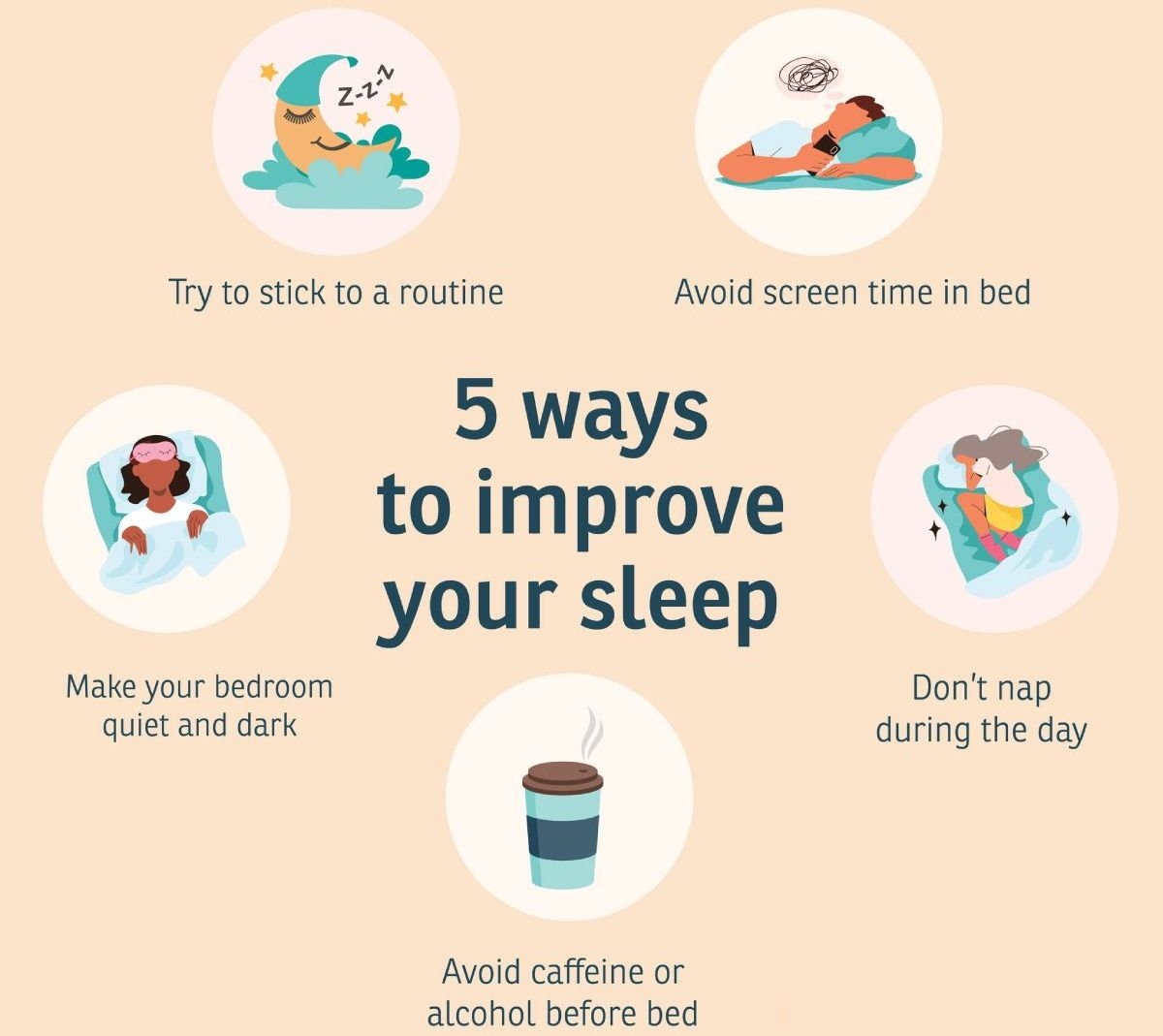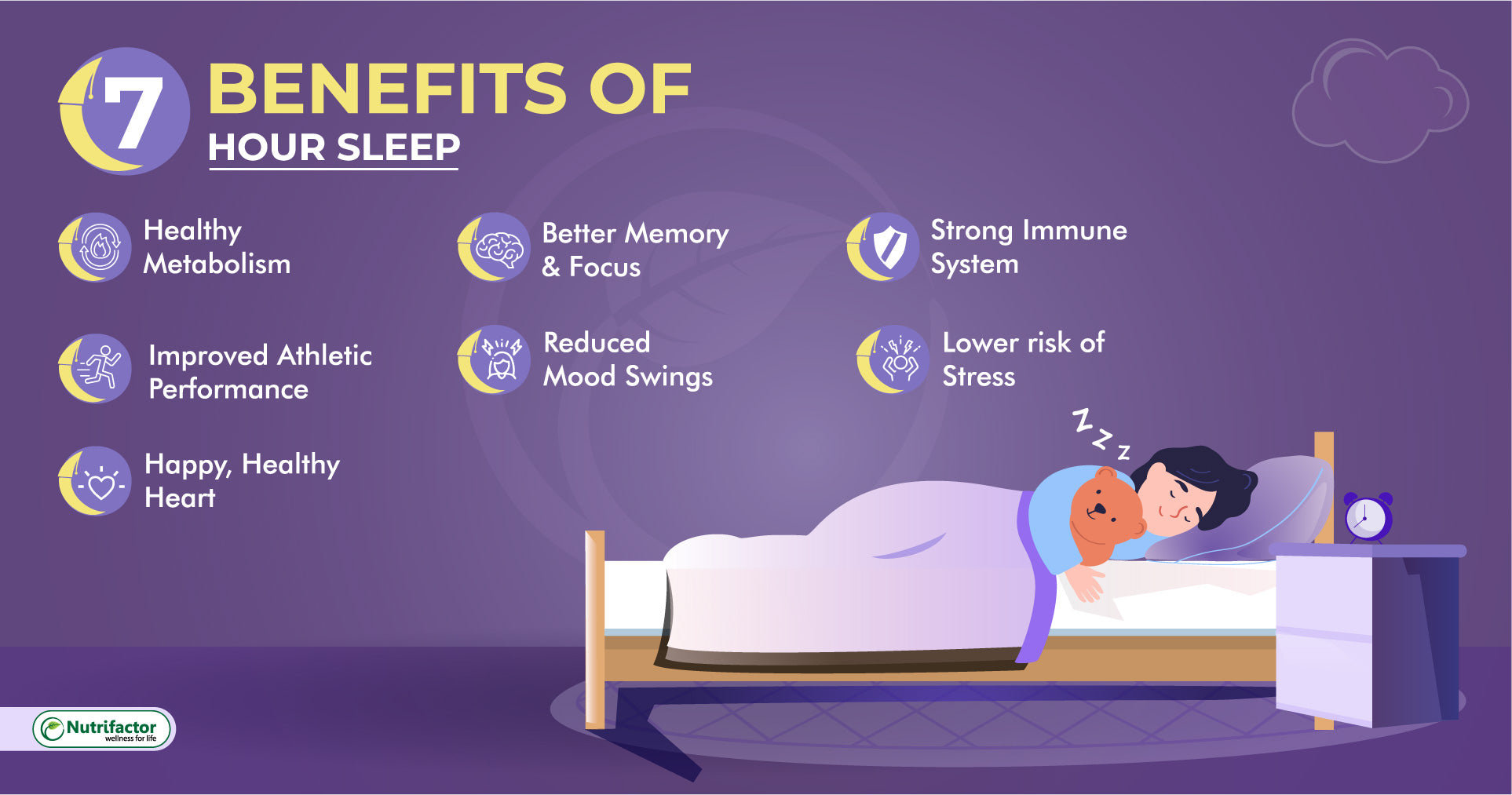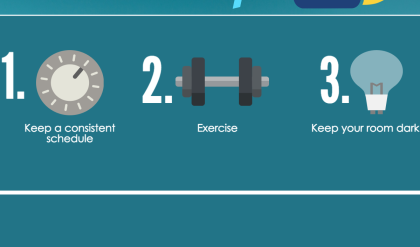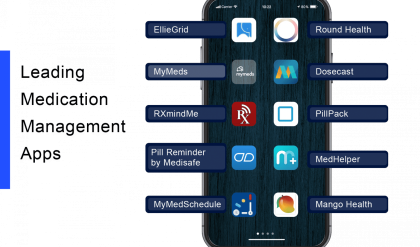
Sleep Your Way to Success: 5 Simple Steps for Better Sleep Quality
We live in a culture that glorifies the “hustle,” often prioritizing productivity over rest. But what if the key to unlocking peak performance isn’t endless work, but rather, prioritizing sleep? Sleep isn’t a luxury; it’s a fundamental pillar of success, impacting everything from cognitive function and mood regulation to physical health and even our creative spark. This isn’t about sleeping *more*, but sleeping *better*. This article unveils five surprisingly simple steps to dramatically improve your sleep quality and unlock your full potential.
1. Master the Art of the Wind-Down Ritual: Your Personal Sleep Sanctuary
Imagine this: you’re not frantically scrolling through your phone moments before bed, but instead, gently easing your mind and body into a state of peaceful relaxation. This is the power of a wind-down ritual. It’s your personal signal to your brain that it’s time to unwind and prepare for sleep. Forget the chaotic energy of the day; this is your sanctuary.
Creative Wind-Down Ritual Ideas:
- Warm Bath with Epsom Salts: The magnesium in Epsom salts promotes relaxation and muscle relief.
- Gentle Yoga or Stretching: Release tension held in your muscles throughout the day.
- Mindful Meditation: Quiet your racing thoughts and focus on your breath.
- Reading a Physical Book: The blue light emitted from screens interferes with melatonin production; physical books offer a calming alternative.
- Listening to Calming Music: Nature sounds or classical music can soothe your mind.
2. Optimize Your Sleep Environment: Designing Your Personal Sleep Oasis
Your bedroom should be a haven of tranquility, not a cluttered space brimming with distractions. Creating a sleep-conducive environment is crucial for achieving deep, restorative sleep.
| Factor | Ideal Condition |
|---|---|
| Temperature | Slightly cool (around 65°F or 18°C) |
| Light | Dark; use blackout curtains or an eye mask |
| Noise | Quiet; use earplugs if necessary |
| Comfort | Supportive mattress and pillows |
3. Embrace the Power of Consistency: Train Your Body’s Internal Clock
Our bodies thrive on routine. A consistent sleep schedule, even on weekends, helps regulate your circadian rhythm – your body’s natural sleep-wake cycle. This consistency signals to your body when it’s time to sleep and when it’s time to wake up, promoting better sleep quality and reducing daytime sleepiness.
4. Nourish Your Body and Mind: Fueling Optimal Sleep
What you eat and drink – and when – significantly impacts your sleep. Avoid large meals, caffeine, and alcohol close to bedtime. A light, balanced dinner is ideal. Hydration is key, but limit fluid intake close to bedtime to minimize nighttime bathroom trips.
Foods that Promote Sleep:
- Cherries: Naturally rich in melatonin.
- Bananas: Contain magnesium and potassium, which relax muscles.
- Warm Milk: Contains tryptophan, an amino acid that aids sleep.
5. Sunlight Exposure: Resetting Your Circadian Rhythm
Sunlight plays a crucial role in regulating your circadian rhythm. Getting sufficient sunlight exposure during the day, especially in the morning, helps to synchronize your internal clock and improve sleep quality at night. A morning walk in the sun can make a significant difference.
Conclusion: Unlock Your Potential Through Restful Sleep
Improving your sleep quality is an investment in your overall well-being and success. By implementing these five simple steps, you’ll be well on your way to experiencing the transformative power of restful sleep. Remember, it’s not just about the quantity of sleep, but the quality. Prioritize your sleep, and watch your productivity, creativity, and overall well-being soar.

Additional Information
Sleep Your Way to Success: A Deeper Dive into Achieving Superior Sleep Quality
The assertion that better sleep leads to success isn’t merely a catchy title; it’s grounded in substantial scientific evidence. While the “5 Simple Steps” approach provides a practical framework, a deeper understanding of the underlying mechanisms and individual variations is crucial for maximizing its effectiveness. This analysis will explore the intricacies of sleep quality, the science behind the five steps, and the potential pitfalls and personalized approaches to ensure optimal outcomes.
Delving Deeper into the Five Steps:
Let’s assume the “5 Simple Steps” encompass elements like:
-
Consistent Sleep Schedule: Maintaining a regular sleep-wake cycle, even on weekends, synchronizes the body’s internal clock (circadian rhythm). Disrupting this rhythm through irregular sleep patterns can lead to decreased melatonin production, increased cortisol levels (stress hormone), and ultimately, poorer sleep quality. Research consistently demonstrates the importance of this consistency. A study published in Sleep Medicine found that individuals with inconsistent sleep schedules reported significantly higher levels of daytime sleepiness and impaired cognitive function compared to those with regular sleep schedules.
-
Optimize Sleep Environment: This involves creating a dark, quiet, and cool bedroom. Light exposure suppresses melatonin, while noise and temperature fluctuations can disrupt sleep stages. The optimal bedroom temperature is generally considered to be between 60-67°F (15-19°C). Furthermore, blue light emitted from electronic devices should be minimized before bed, as it inhibits melatonin release. The use of blackout curtains, earplugs, and white noise machines can effectively address environmental factors impacting sleep.
-
Dietary Considerations: Avoiding large meals, caffeine, and alcohol close to bedtime is vital. Caffeine’s stimulating effects can last for several hours, while alcohol, despite initially inducing drowsiness, can disrupt later sleep stages, leading to fragmented sleep and reduced restorative benefits. Heavy meals can also cause digestive discomfort, hindering sleep. Consider incorporating sleep-promoting foods like chamomile tea or foods rich in magnesium and tryptophan (e.g., bananas, almonds) which may facilitate relaxation and melatonin production.
-
Regular Physical Activity: Exercise has demonstrably positive effects on sleep quality, but timing is crucial. Intense workouts close to bedtime can be counterproductive. Regular moderate-intensity exercise, ideally in the morning or afternoon, can improve sleep architecture and reduce insomnia symptoms. However, over-exercising can lead to heightened cortisol levels and negatively affect sleep.
-
Mindfulness and Relaxation Techniques: Stress and anxiety are significant sleep disruptors. Practicing relaxation techniques like meditation, deep breathing exercises, or progressive muscle relaxation before bed can significantly reduce anxiety and improve sleep onset latency. Cognitive Behavioral Therapy for Insomnia (CBT-I) is a highly effective evidence-based treatment for chronic insomnia, often incorporating these techniques.
Individual Variations and Potential Pitfalls:
While these steps offer a general framework, individual variations in sleep needs and underlying health conditions must be considered. For example, individuals with sleep disorders like sleep apnea or restless legs syndrome require specialized interventions beyond these basic steps. Furthermore, pre-existing mental health conditions such as anxiety and depression significantly impact sleep quality, requiring professional intervention.
Conclusion:
Achieving superior sleep quality requires a holistic and personalized approach. The “5 Simple Steps” serve as a valuable starting point, but understanding the underlying physiological mechanisms and adapting the strategies to individual circumstances is paramount. By addressing environmental factors, dietary habits, physical activity levels, mental well-being, and circadian rhythm regulation, individuals can significantly improve their sleep quality, paving the way for enhanced cognitive function, improved physical health, and ultimately, greater success in various aspects of life. Consulting with a healthcare professional or sleep specialist is advisable for individuals experiencing persistent sleep difficulties or those with underlying health conditions.






